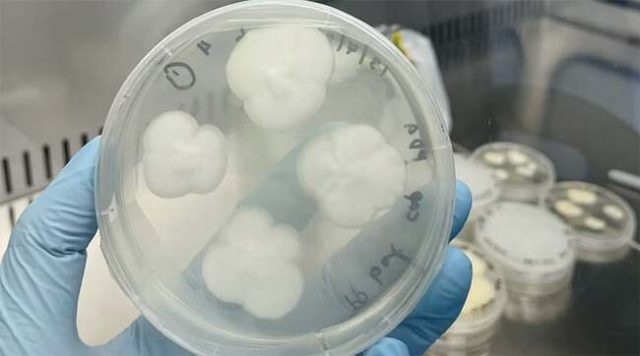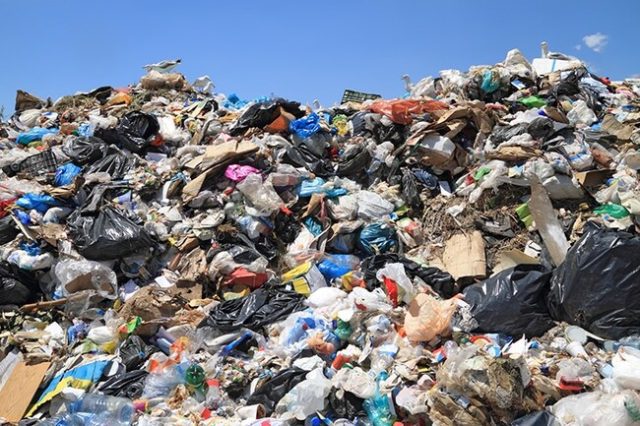
In a groundbreaking discovery, scientists at the University of Sydney have identified fungi capable of rapidly consuming plastic, offering a potential solution to the global plastic pollution crisis. The research, detailed in a publication in NPJ Materials Degradation, unveils the remarkable ability of two common forms of backyard fungi to break down polypropylene, a widely used plastic in various applications. Unlike conventional plastic decomposition methods, which can take centuries, these fungi exhibit an impressive capacity to digest polypropylene within a mere 140 days, presenting a glimmer of hope in the battle against plastic waste. The significance of this finding lies not only in the speed at which these fungi can dismantle plastic but also in their accessibility. As common backyard fungi, they may be harnessed for waste management on a broader scale without the need for sophisticated and expensive processes.

The two species of fungi, Aspergillus terreus, and Engyodontium album, are in fact common forms of mold. The researchers hope that this breakthrough will pave the way for innovative and sustainable solutions to address the mounting challenge of plastic pollution around the world.
This amazing discovery encourages further exploration into the diverse capabilities of fungi and other microorganisms, offering hope for the development of eco-friendly technologies to counteract the environmental repercussions of plastic waste. As the scientific community continues to unveil nature’s secrets, the prospect of harnessing fungi to combat plastic pollution emerges as a promising and inspiring avenue for sustainable waste management.